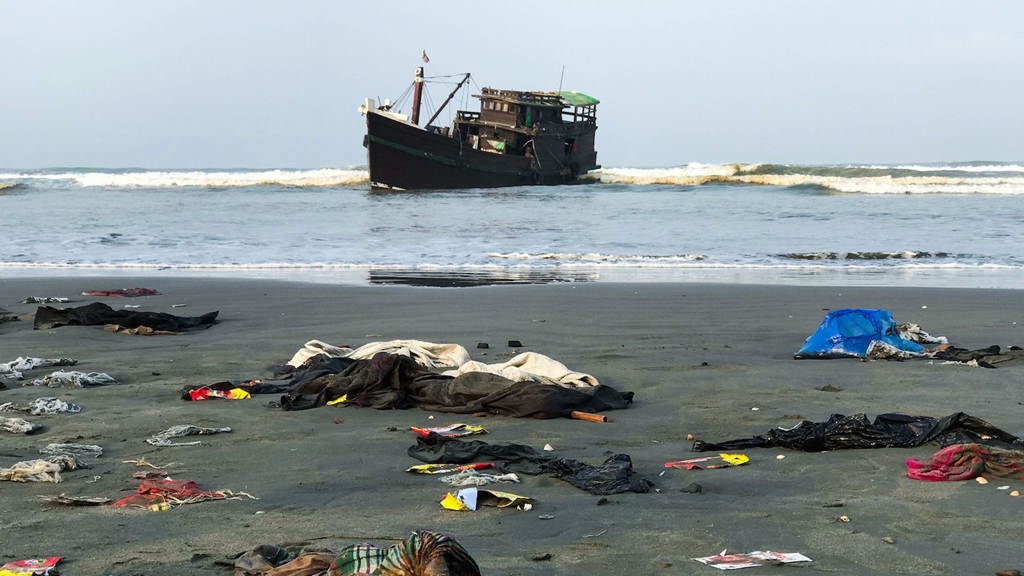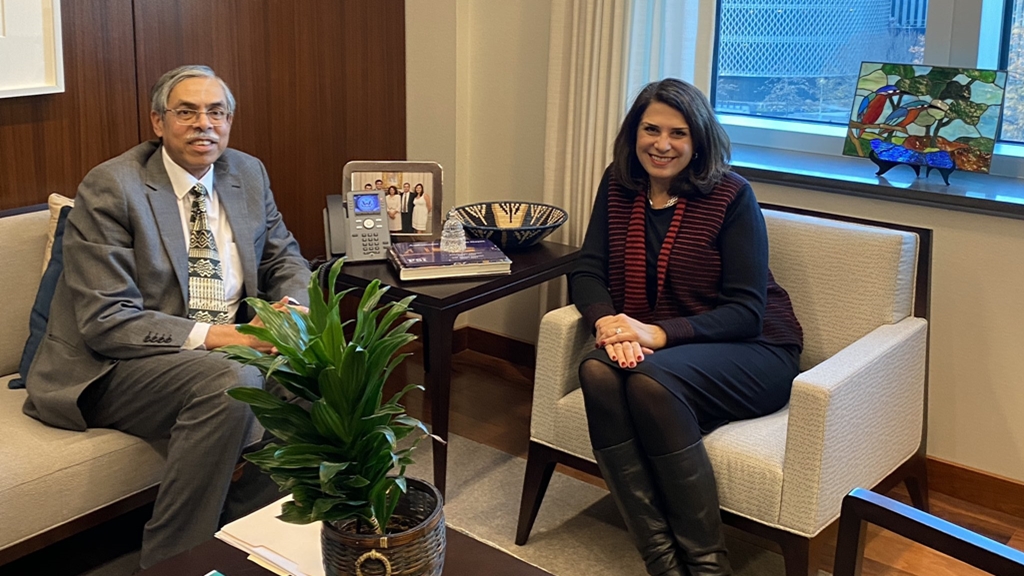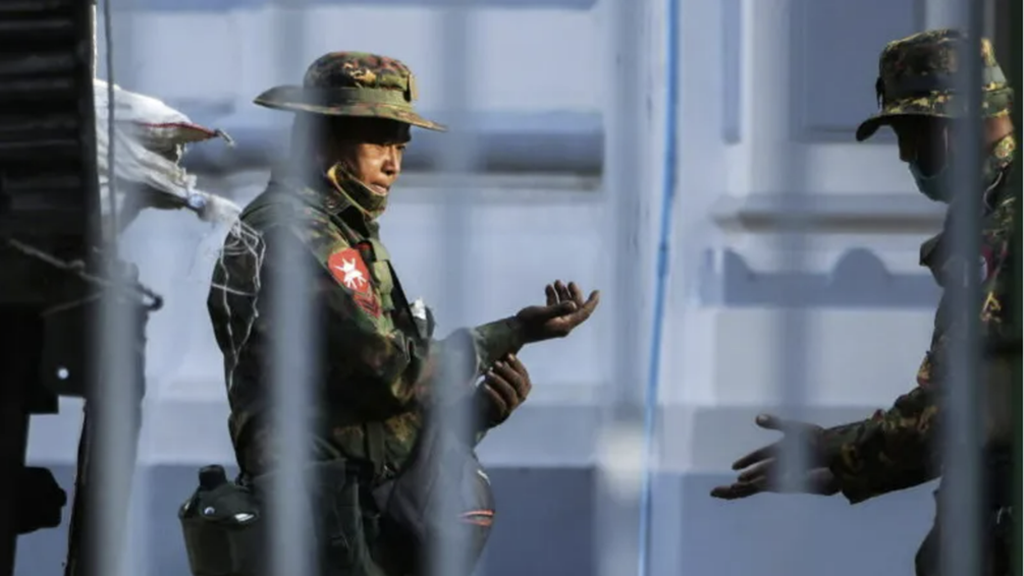
SOS Rohingya: Desperate Refugees Adrift
- 26/04/2020
- 0
By Christopher Paul Catrambone, The Diplomat
Search and rescue is a moral imperative. We can’t just look away.
On April 16, more than 300 bedraggled Rohingya men, women, and children were brought ashore in Teknaf, Bangladesh after several weeks at sea. Their story is an all-too-familiar one in ASEAN: a tale of desperate people caught in maritime limbo, and of member states playing “hot potato” with human lives.
Survivors say they were pushed back by Malaysian authorities. The country’s air force indicated that aerial surveillance for maritime arrivals would be stepped up — but with the intention of sending boats on their way, rather than granting them safe harbor.
At the time of publication, there were believed to be at least two other boats stranded at sea, carrying aboard some 500 souls. Rights groups have called on Malaysia and Bangladesh to uphold their obligations under international law by conducting search and rescue (SAR) operations, providing safe disembarkation and due process.
The apparent uptick in boats carrying refugees and asylum-seekers in the Bay of Bengal and Andaman Sea is, worryingly, somewhat reminiscent of the 2015 crisis, albeit with the added complication of a global pandemic playing out in the background.
Indeed, the COVID-19 threat has been used as an excuse to prevent boats making landfall, with politicians of the region echoing similar claims to those being made by their counterparts on the Mediterranean.
But as UNHCR Director of the Regional Bureau for Asia and the Pacific Indrika Ratwatte noted in a statement, the most sensible public health strategy at this juncture would involve predictable disembarkation and safe pathways to appropriate health screening.
More broadly, the apparent uptick in boats highlights the need for proactive development of and adherence to a collaborative, regional search and rescue (SAR) protocol.
“Saving lives at sea must be a collective effort, in which any one state that rescues and disembarks refugees can draw on resources pooled from other states in the region,” Ratwatte wrote. He highlighted the need to adhere to the fundamental humanitarian tenets that inform the Bali Declaration, which was threshed out in the wake of and in response to the 2015 crisis.
The February 2020 meeting of the Bali Process Task Force on Planning and Preparedness was themed “cooperative frameworks to address irregular maritime movement – challenges, policy and operational responses.”
Participants including Bangladesh, Myanmar, Thailand, Malaysia, and Indonesia exchanged ideas, with an emphasis on “the primacy of saving lives at sea and not endangering the life and safety of persons in responding to irregular maritime migration.”
They also affirmed “the principle of non-refoulement.”
But such promises ring hollow when reports surface of boats being punted back.
The push and pull factors are by now common knowledge, and the fallout from COVID-19 is likely to only exacerbate these.
The Rohingyas in the teeming camps in Bangladesh live a tenuous existence, almost entirely aid-dependent and with a limited ability to better their circumstances. The increasingly securitized camps are under an internet blackout, adding to tensions.
Inside Myanmar, things are even worse. Every day, Rakhine state (also under a blackout) descends further into civil war. Large-scale “safe, dignified, and voluntary” returns are looking ever less likely.
In many ways this is a perfect storm. As the monsoon closes in, and with countries of the region in various states of lockdown, it’s possible there will be others making a last-ditch attempt at the treacherous journey by sea. Those currently adrift need to be found, then allowed to disembark safely.
The Bay of Bengal and Andaman Sea have claimed an untold number of lives. Pressure is needed to ensure states do their part to mitigate such loss of life, and cooperation will be key to ensuring the bloc’s stated humanitarian principles are honored.
Beyond the current crisis, countries of the region need to ensure there are regular pathways for irregular arrivals. The factors pushing people out to sea may well intensify, but search and rescue is a moral imperative. We can’t just look away.
Christopher Paul Catrambone is an American businessman and philanthropist, who together with his wife Regina, founded the first private search and rescue charity in 2013, Migrant Offshore Aid Station or MOAS, which has been credited with saving more than 40,000 lives at sea. Christopher is the chairman of the family-owned Tangiers Group and resides in Malta with his wife and daughter, Maria Luisa.







